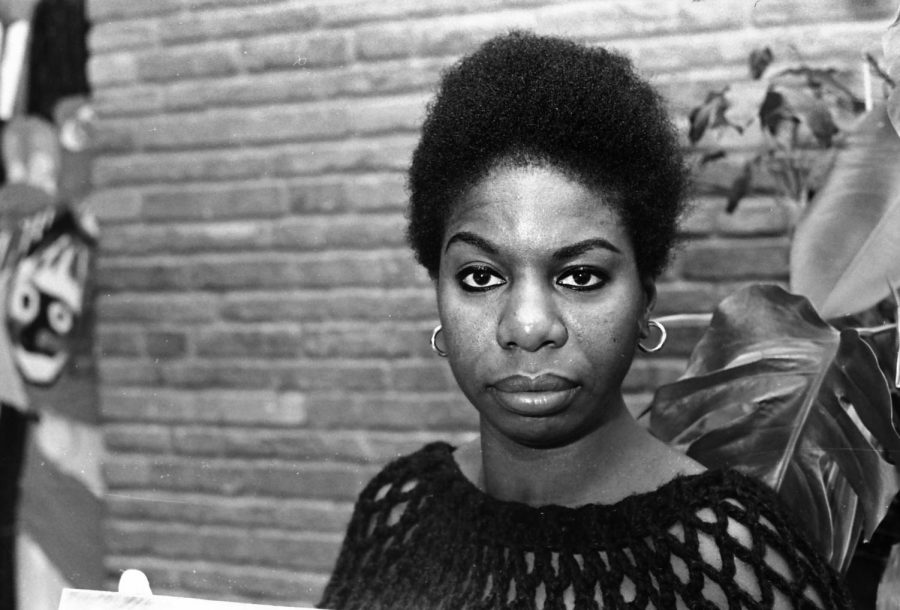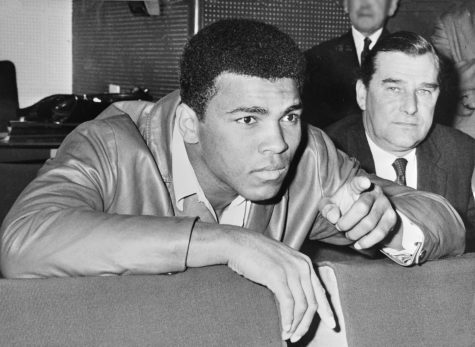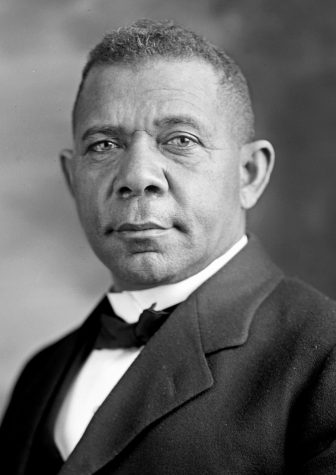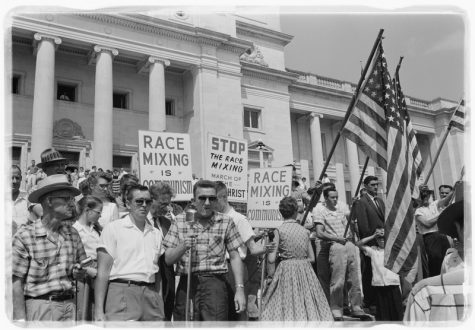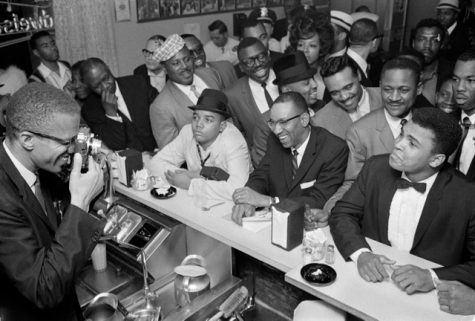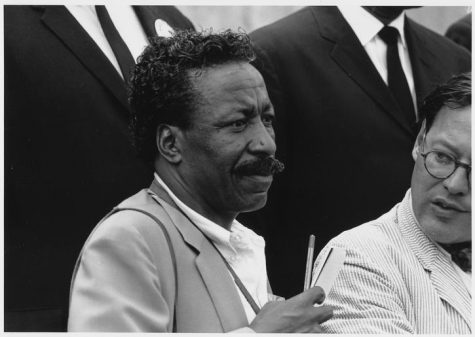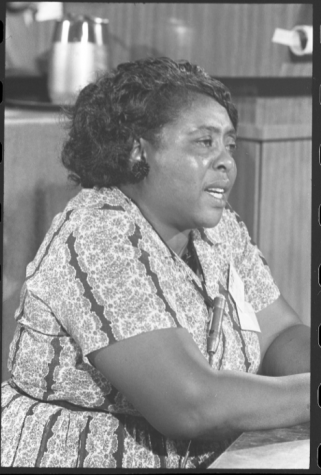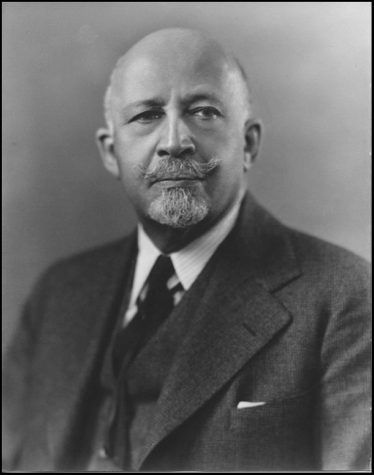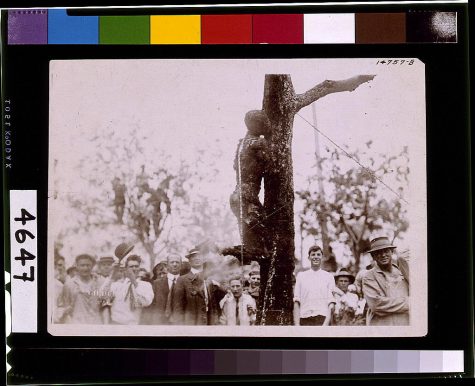Nina Simone: The Singer of the Black Revolution
Nina Simone, who fell in love with music at a young age, went on to become a singer and influential voice of the civil rights movement.
Nina Simone is still influential in the music industry, many years after her death.
February 28, 2021
Nina Simone was an American singer-songwriter and civil rights activist who had a great influence on the American music scene. Throughout her career, she became one of the most influential musicians of the Civil Rights Movement.
She was born Eunice Kathleen Waymon in Tyron, North Carolina on February 21, 2020. She started to play the piano at the age of three, and with her mother being a Methodist preacher, she also grew up singing in the church choir.
According to Saving Places, Simone first started at Julliard music school in New York City but later dropped out. From there she went on to search for other music schools, but after being rejected from Curtis Institute of Music in Philadelphia, she started to turn her interest more towards Jazz and blues rather than classical.
I was always a politician from the day the civil rights people chose me as their protest singer.
— Nina Simone
She eventually went on to release several albums throughout the mid-60s and late 70s. She had adopted the stage name Nina Simone. “Nina” came from an old nickname from a former boyfriend and “Simone” from the famous French actress Simone Signoret.
Over time she produced several hit albums at many different labels. According to Boulder Swing Dance, Simone soon became influenced by The Civil Rights Movement of the 1960s. She then recorded several songs with political themes that landed her the title “Singer of the Black Revolution”.
Her song “Mississippi Goddamn” was banned from the radio in the south for its blatant discussion of racism. During this time her music career began to suffer and she then decided to move around from Liberia to Barbados, Switzerland, the Netherlands, and eventually settled in France.
She became popular in Europe after releasing songs like “I Put a Spell on You” and “Ain’t Got No-I Got Life/Do What You Gotta Do”. She continued to tour and perform until the late 1990s. She died at the age of 70 on April 21, 2003, in France.
After Simone’s death, a French documentary was made in her honor. Even today her music still inspires many people in their quest for equality.



